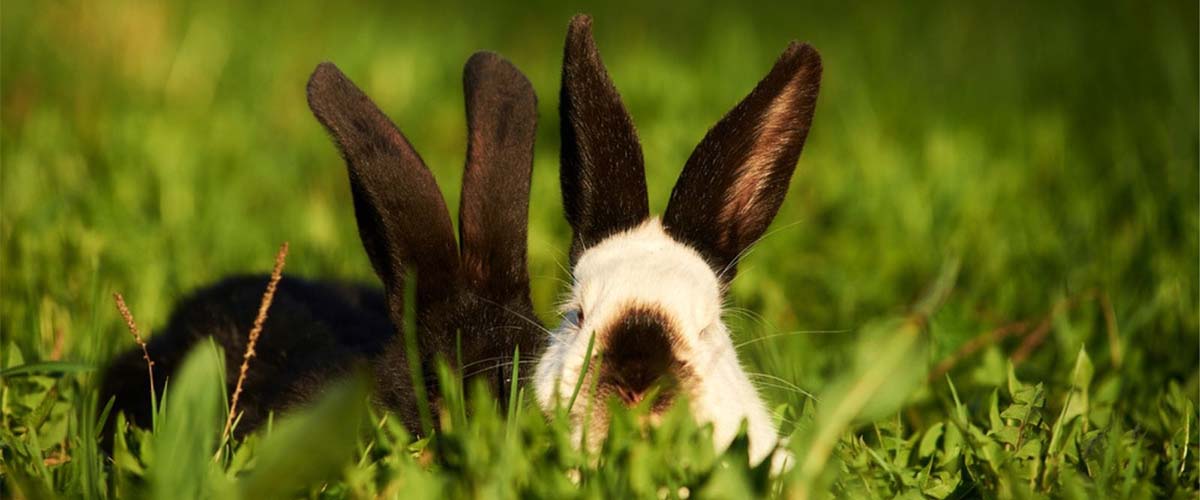Mouth pain in rabbits
Overview
- Do you think you rabbit might have a painful mouth? Have they been grinding their teeth, rubbing their face, eating less than usual or losing weight?
- The most common cause of a painful mouth is dental disease; but there are many other possible causes.
- If your rabbit has a painful mouth, they may stop eating, which can very quickly, cause serious problems.
- Contact your vet for an appointment ASAP, they will use a special instrument to look inside and find out what’s causing the problem.
How to tell if your rabbit’s mouth is painful
It can be tricky to tell if your rabbit is in pain, because their natural instinct is to hide it (they are prey animals that become an easy target if they are weak in the wild). Keep an eye out for the following signs:
- Eating less
- Drooling and saliva staining on the fur
- Loud tooth grinding
- Difficulty eating
- A mucky bottom and matted fur
- Weight loss
- Bad breath
- Being quieter than usual
- A reduced number of pellets
- Diarrhoea or soft faeces
- Weepy eyes
- A lumpy jaw line
Causes
Many different problems can cause a sore mouth, including:
- Dental disease (tooth problems) - overgrown teeth and tooth root abscesses are common problems in pet rabbits, especially those being fed an inappropriate diet.
- A mouth infection (stomatitis)
- Mouth sores, ulcers or wounds - from chewing on something hard, toxic or irritating (e.g. electric wires)
- A growth or something stuck inside their mouth - such as a piece of toy or a stick.
When to contact your vet
Contact your vet immediately if you notice your rabbit has a sore mouth. If the problem is left too long, your rabbit might stop eating which can rapidly turn into a very serious problem such as gut stasis (when the gut stops working). You know your rabbit best. If they don’t have the exact symptoms listed above but you are still concerned, it’s always best to contact your vet.
Published: January 2021
Did you find this page useful?
Tell us more
Please note, our vets and nurses are unable to respond to questions via this form. If you are concerned about your pet’s health, please contact your vet directly.
Thank you for your feedback
Want to hear more about PDSA and get pet care tips from our vet experts?
Sign up to our e-newsletter
Written by vets and vet nurses. This advice is for UK pets only. Illustrations by Samantha Elmhurst.

